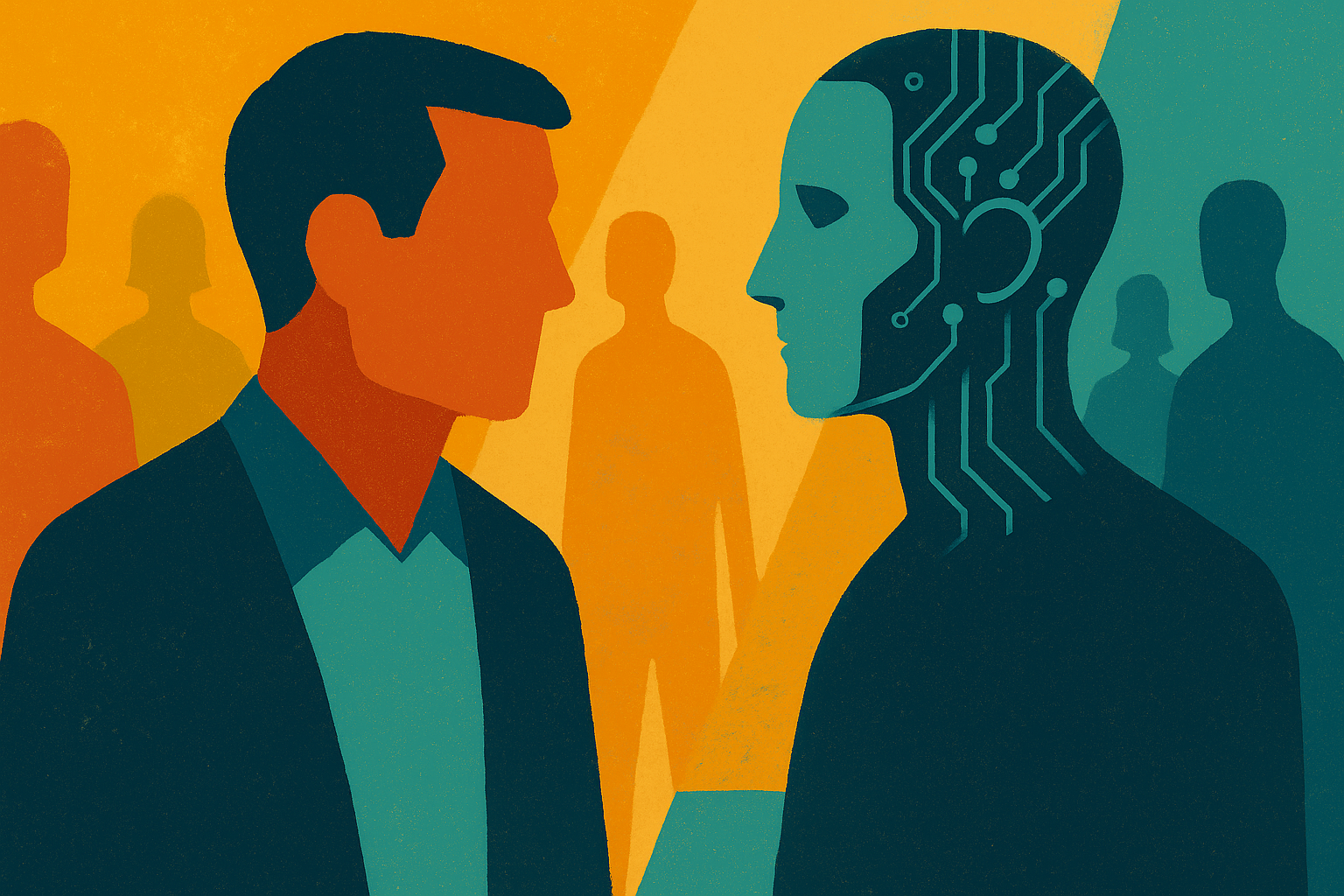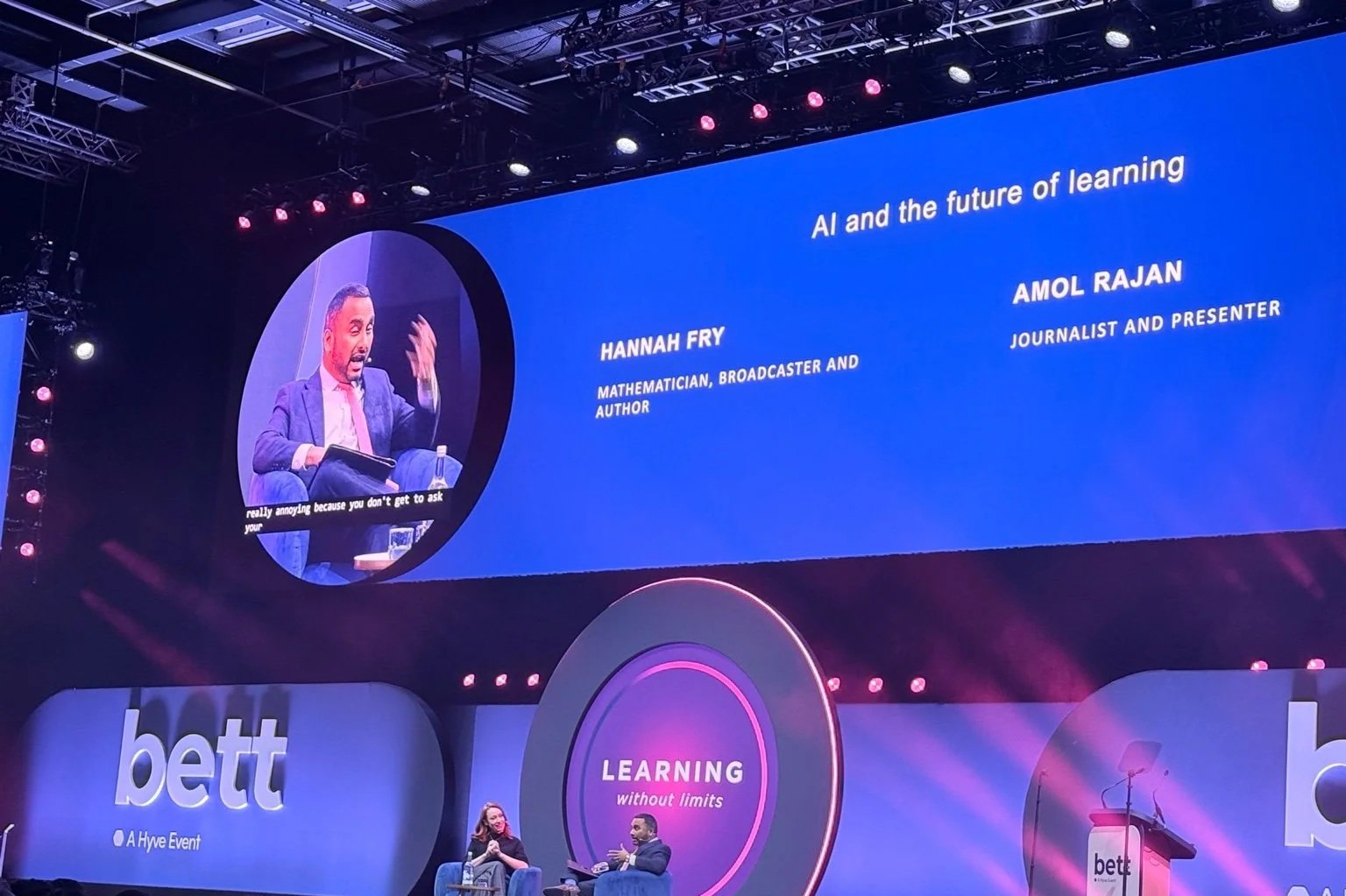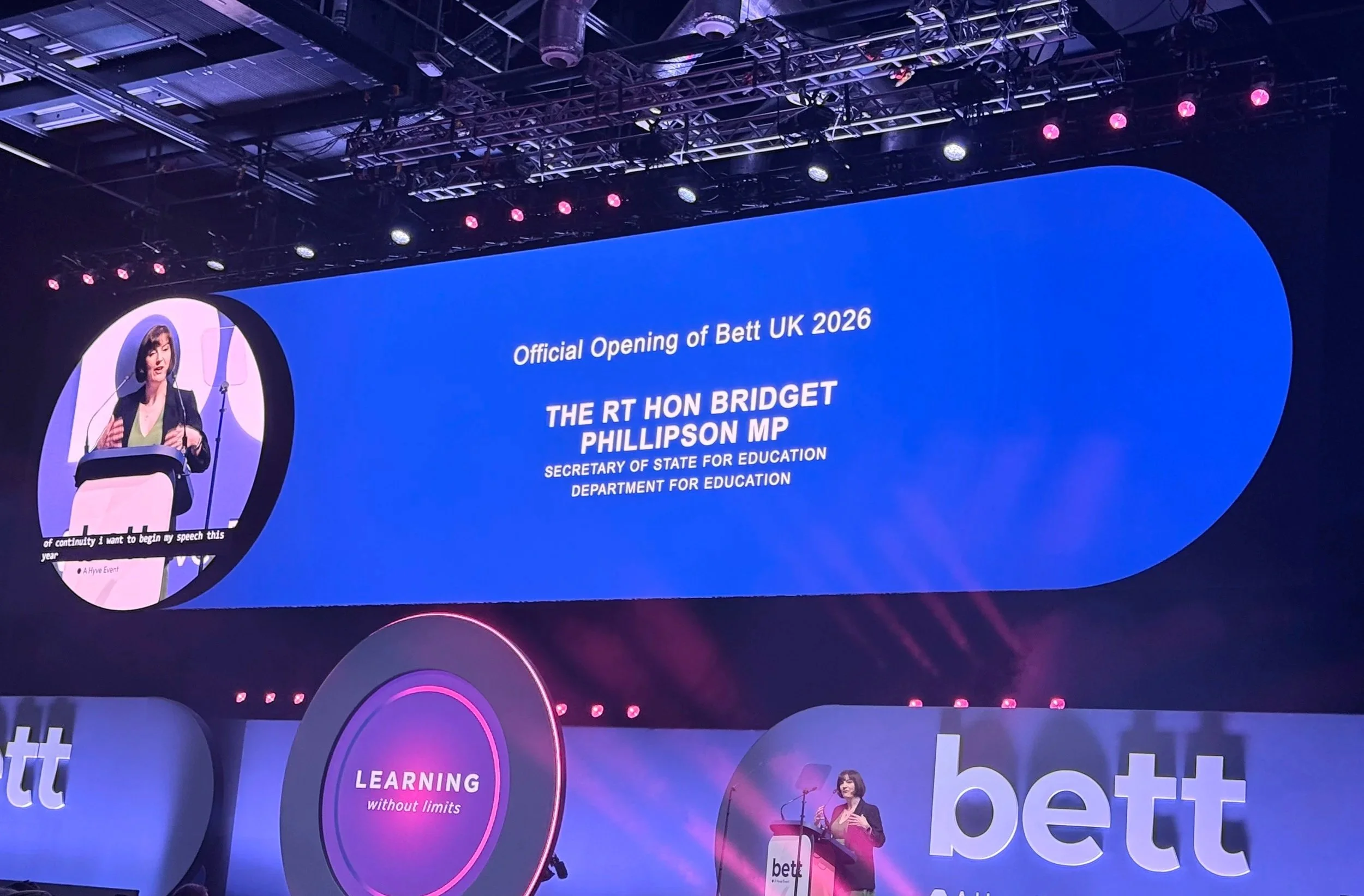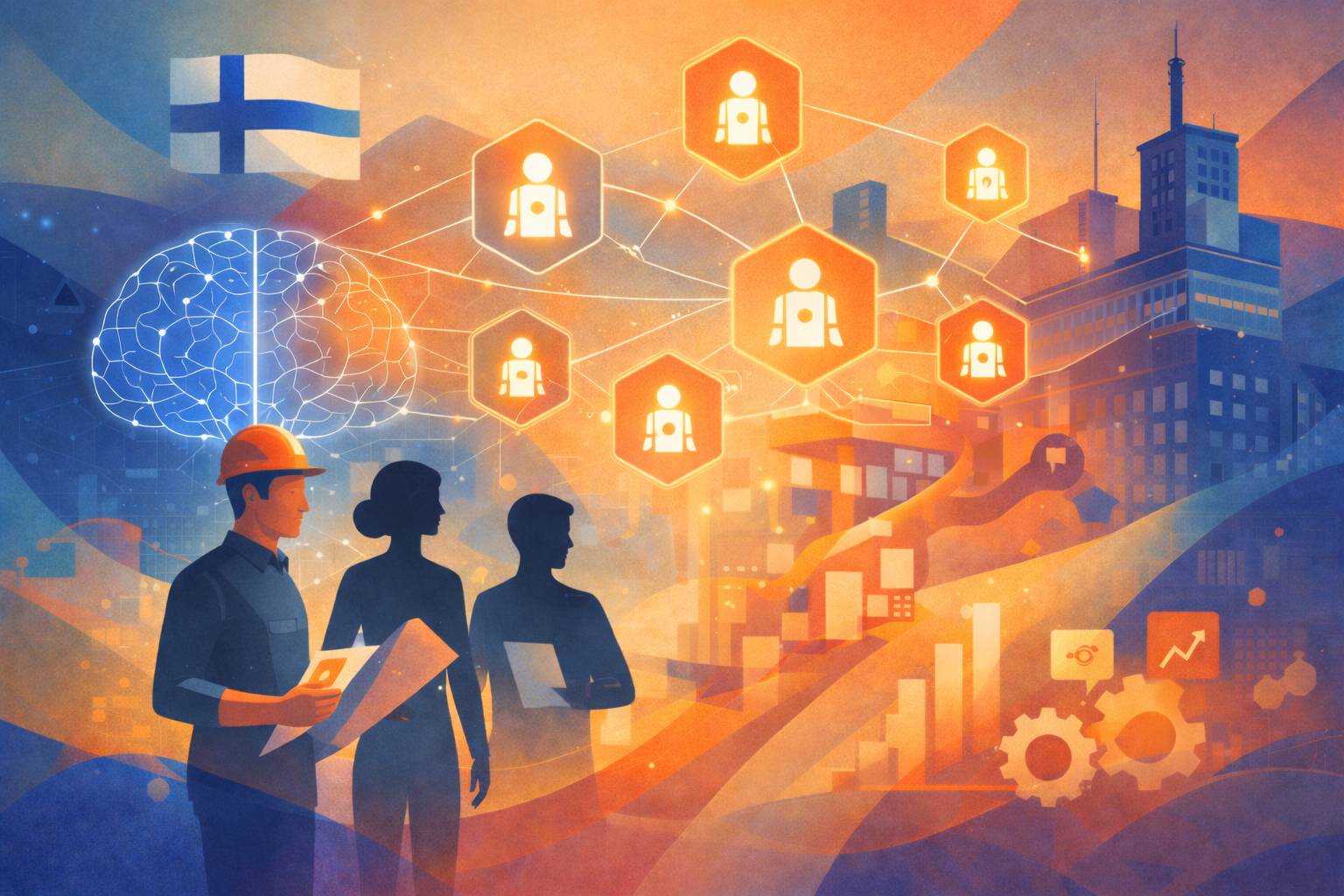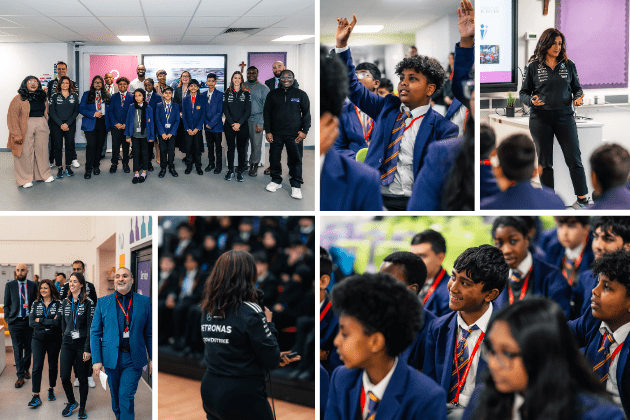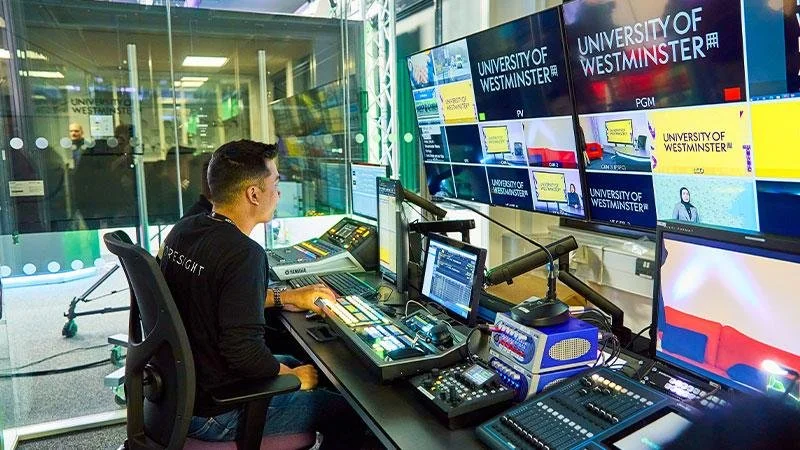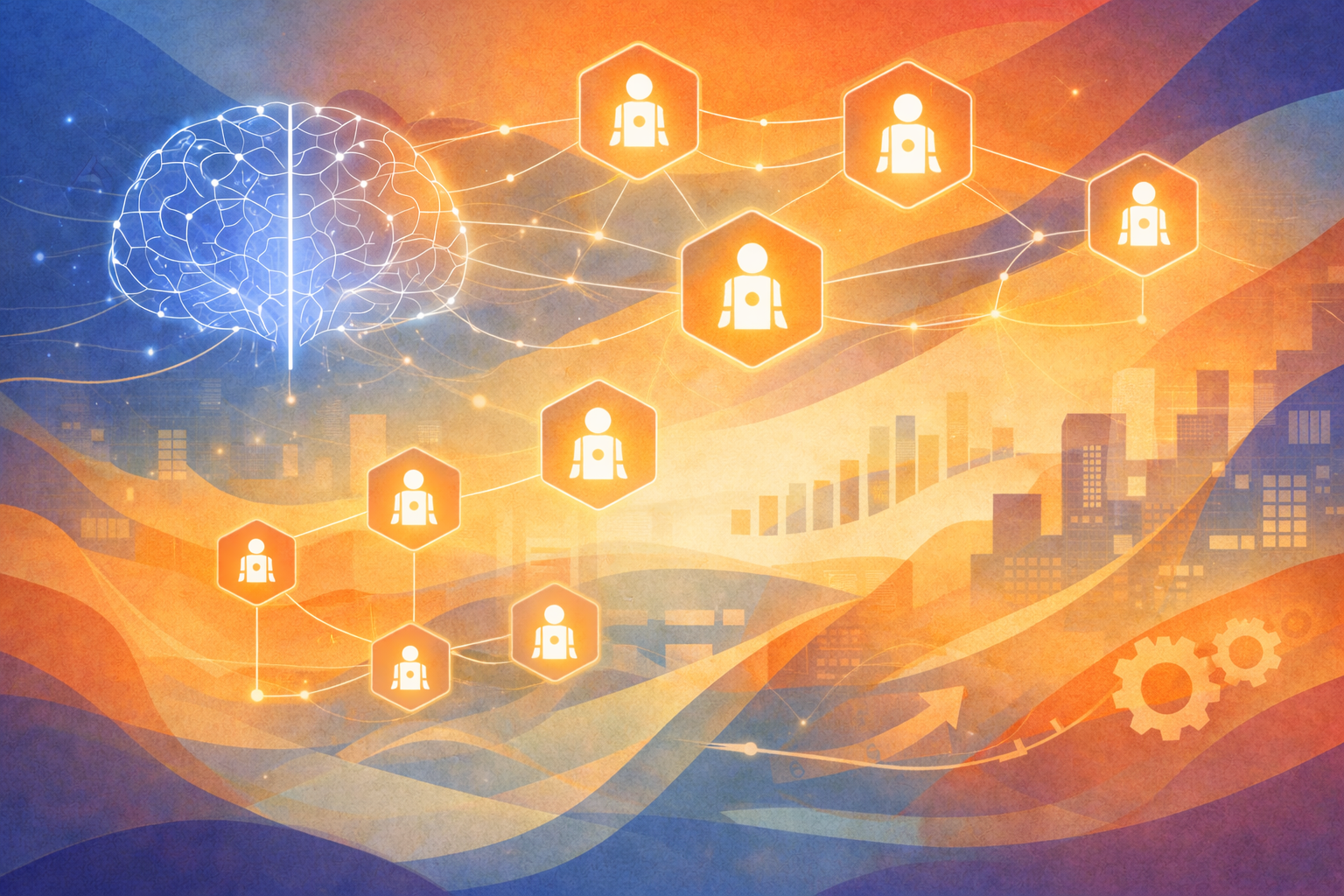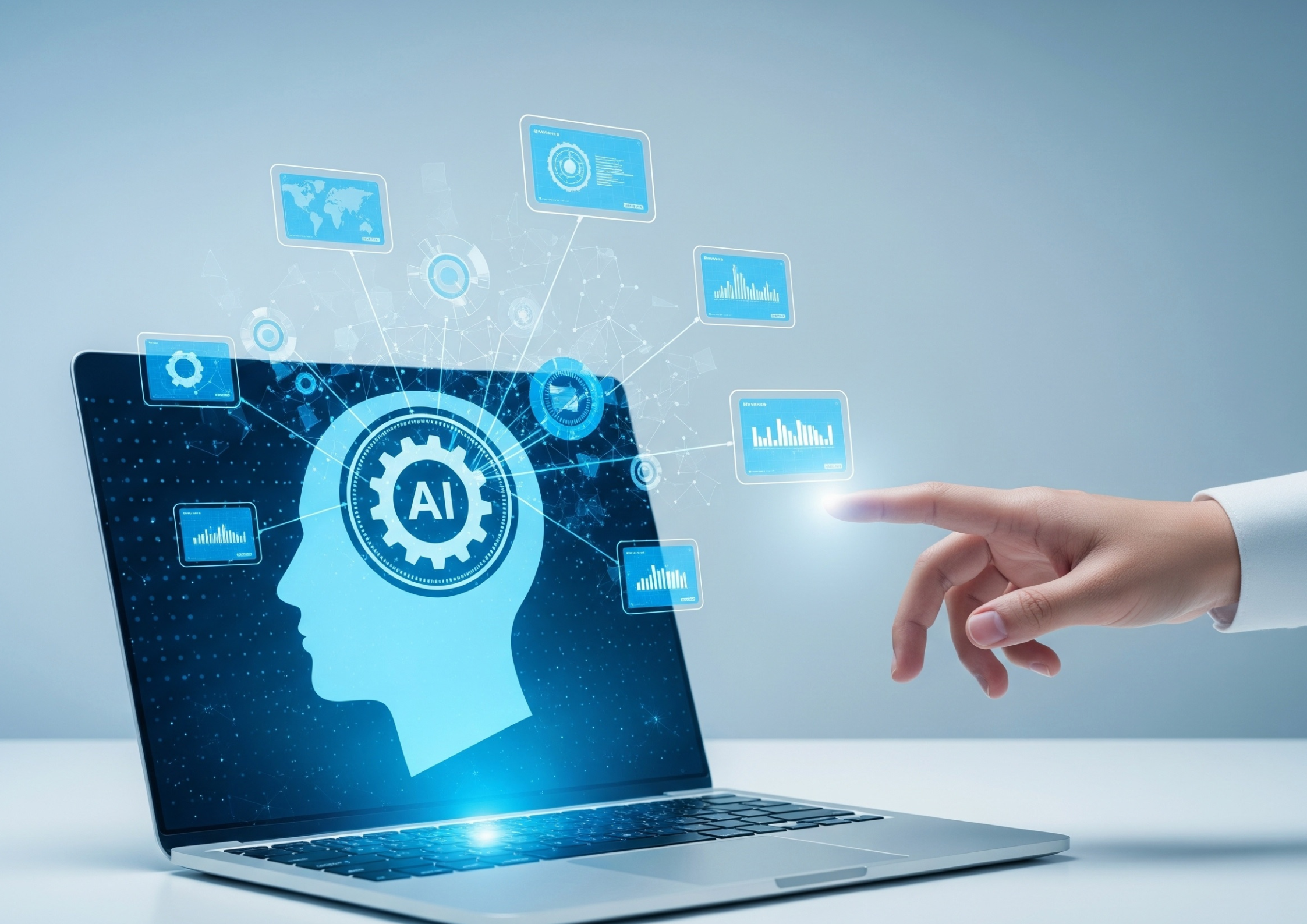‘We trained our replacement’: Former Apple employee says AI took his job
Rick Morales, who spent nine years at Apple Music, says his team was laid off after training an AI system that learned to replicate their work, warning others that automation in creative roles may come sooner than they expect.
Rick Morales, a former Radio Creative Editor at Apple Music, has said he and nearly half of his team were made redundant after training an AI system that eventually automated their roles.
In a LinkedIn post Morales described how Apple introduced the system as a productivity tool before it evolved into a full replacement, “I was part of the team that proved AI works. That’s why Apple let us go.”
“I spent over a year training AI to do my job. On June 14, 2024, Apple let me go along with nearly half my radio team. The same AI we trained was now doing the work,” he wrote.
Morales had worked at Apple since 2015, leading bilingual content strategy for Apple Music’s radio and playlist programming. He collaborated with artists and editorial teams across the U.S. and Latin America, contributing to campaigns such as Hip-Hop DNA, Dale Play, and Hispanic Heritage Month.
From creative support tool to replacement system
Morales said the AI initiative began as a test to handle repetitive production tasks. “At first, leadership framed it as a ‘tool’ to make our lives easier,” he wrote. “They told us, ‘This will help you save time, focus on the creative, and let the system handle the repetitive tasks.’ That sounded good on paper. But for many of us, the warning signs were clear.”
After initial resistance from his team, he said Apple paused the rollout. “We pushed back. We said, ‘This doesn’t feel right. This system isn’t here to help us, it’s here to learn from us.’ The resistance was strong enough that the company pulled the system for a few months.”
When version two of the software returned, Morales said it worked better and became mandatory. “Every day we were training it, fixing its mistakes, and showing it how to handle both the simple tasks and the more complex ones,” he said. “Over time, the errors shrank. The machine got sharper. And six months later, the truth was impossible to ignore. The AI did the job well enough to replace us.”
A warning for workers training AI systems
Morales urged other professionals to recognize early warning signs in their own workplaces. “If 30% to 40% of your work is now routed through AI, pay attention,” he wrote. “If management tracks how much you ‘interact’ with AI, that’s another warning. Each week you’re training the system, you’re also training your replacement.”
He said the experience was a reality check on how companies position AI internally. “If they’re pushing you to use AI for your work, understand this: you’re already putting the noose around your neck. You’re only waiting for them to kick the stool out from under your feet.”
While some readers described the post as cautionary, Morales said his intention was not alarmism but awareness. “I’m not sharing this to scare you, but to prepare you. I wish someone had told me earlier.”
Industry reflection and future plans
Morales, who is also a voting member of The Recording Academy, said he plans to continue exploring AI’s impact on the creative economy. His next post will address how labels and platforms are adjusting to the technology.
“In my next post, I’ll share what I’ve seen in the music industry since, why labels are shifting their focus, and why I’ve decided to move into K-Pop,” he wrote.
Reflecting on his experience, Morales closed with a line that has since circulated widely among tech workers: “We proved AI works — just not in the way we hoped.”

